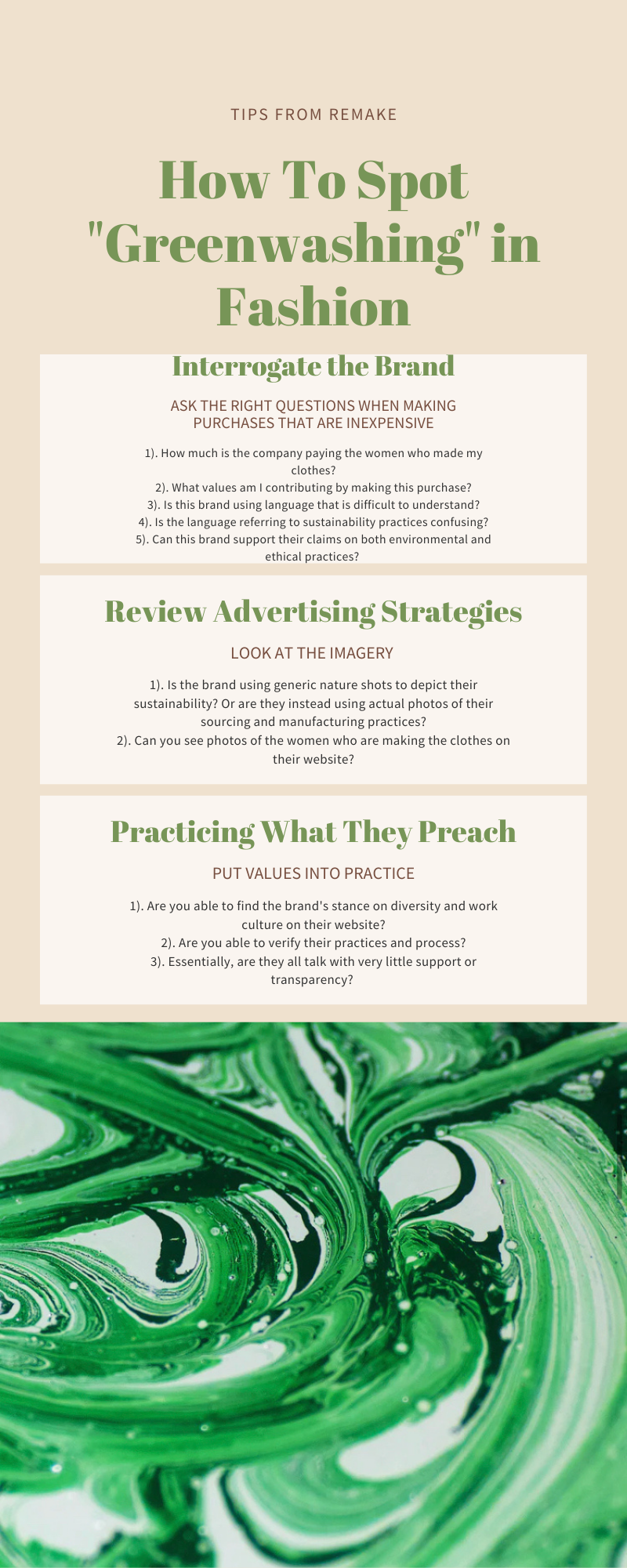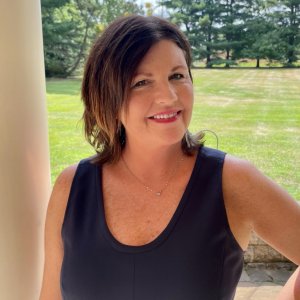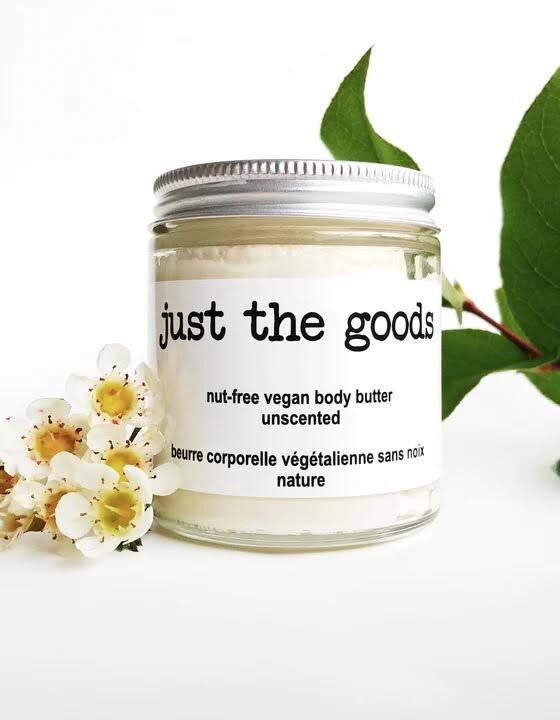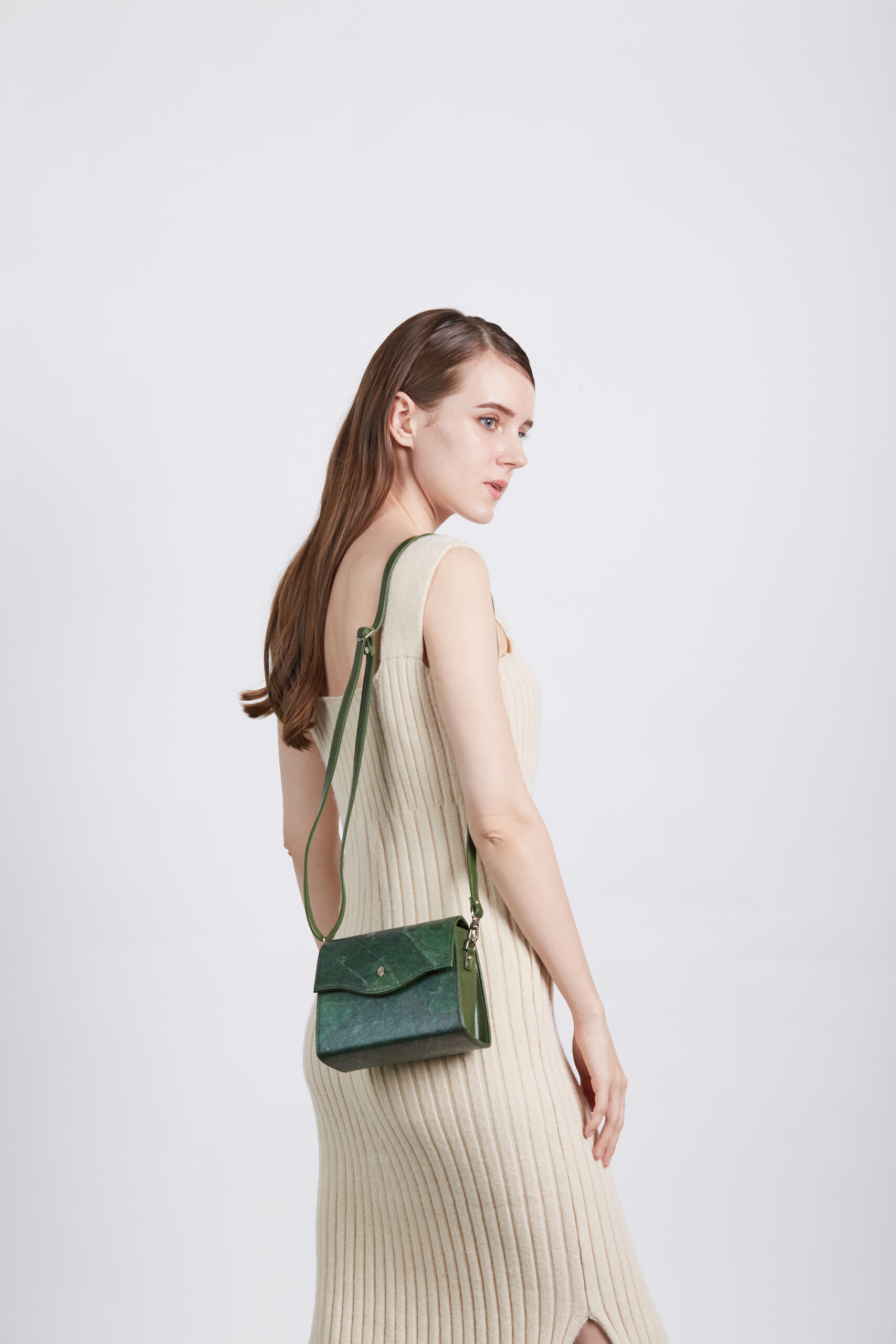We had the great opportunity to interview Director of Marketing at Remake, Katrina Caspelich. Over the last year, Remake has made it a priority to shed light on the mistreatment and unethical labor laws that effect garment workers. The trending hashtag #PayUp is a campaign that addresses the fashion industry and various well known brands refusal of payment for completed clothing after the pandemic hit. This crucial campaign however, is just one area of focus for Remake, an organization that was founded with the purpose to educate, advocate, and provide transparency for the benefit of garment workers.
Recently, Remake celebrated its 5th birthday. Could you discuss a little about the conception and how it came to fruition?
On April 24, 2013 the Rana Plaza in Bangladesh collapsed. Ayesha Barenblat, Remake’s Founder was working at Better Work, a partnership between the International Labor Organization and World Bank to improve working conditions inside the fashion industry at the time. As the death toll mounted, and she saw firsthand retailers whose labels were inside Rana Plaza worrying about the legal precedent of compensating the victims’ families, she was moved to want change sooner and faster.
Having worked on the inside of the industry for a long time, Ayesha made the business case for retailers to invest in the lives of garment makers. When Rana Plaza collapsed, it became clear to her that it would take a groundswell of consumer demand to truly move the needle. She believed we needed a people’s movement to say in no uncertain terms, no more deaths, no more human rights abuses and no more environmental degradation in the quest for cheap clothes. This was her inspiration for Remake.
Ayesha realized in her years working alongside labor advocacy groups that consumers have few options to engage in the movement beyond boycotts. Throughout her career, she has been able to speak with thousands of the women responsible for making our clothes. The resilience, hard work of this forgotten #girlboss at the other end of the supply chain was always a source of inspiration for her.
Her thought, what if millennial consumers could meet “her,” the garment worker, in a more personal way…the way she has and see themselves in her life’s narrative. Perhaps then we can empathize with the people toiling in sweatshops faraway and advocate for the women who make our clothes in factories around the world. Our “meet the maker” series and film shorts do just that. We want to remake the connection between consumers and makers, who are mostly women on either end of the supply chain as a way to mainstream conscious fashion.
Since its inception, Remake has grown into an organization with a main focus to educate and mobilize our community to take action and advocate for garment workers and the planet. Sustainability is made accessible and inclusive across our three pillars of work: education, advocacy, and transparency.
For those unaware, could you please discuss the #PayUp movement? How have the lives of garment workers changed as a result of Covid-19?
The #PayUp campaign formed in March 2020 out of the fashion industry’s catastrophic decision to refuse payment for completed clothing orders heading into the COVID-19 pandemic.
When retail stores were shuttered and fashion sales were in free-fall in March of 2020, dozens of global brands refused to pay for an estimated $40 billion worth of finished goods that garment workers had spent countless hours sewing, according to research by the Worker Rights Consortium and PennState Center for Global Workers’ Rights Director Mark Anner. Millions of garment workers were laid off globally without pay as a direct result of the cancellations, sending them into the gravest economic crisis of our lifetimes without their paychecks or any savings.
At Remake, we mobilized immediately collecting over 32,000 signatures in a matter of weeks on our original #PayUp petition, and sparking a worldwide movement including actresses Nat Kelly, models Cameron Russell, Arizona Muse and Amber Valletta, and our own Remake community to engage demands that brands #PayUp. The campaign led to H&M becoming the first brand to pay up, then Zara and now at least 25 brands agreeing to pay for back orders totaling an estimated $22 billion in unpaid orders globally, allowing many workers to receive back wages.
In addition to the successes mentioned above, last year, we were able to raise $50,000 through various crowdfunding campaigns for garment workers globally last year. And this year, we’re hoping to do the same with our current GoFundMe campaign where 100% of proceeds will go towards garment worker relief.
In 2020, the #PayUp movement went viral and as a result 25 brands agreed to pay $22 million back. Is this an updated number or have more come forward?
Yes, this is the most recent number. In the months after the pandemic began, brands began to drastically cut prices paid to factories, triggering a corresponding increase in hunger and food insecurity and an increase in union-busting and gender-based violence among garment workers. Our fight continues for basic human rights and economic justice for garment workers. There is an urgent need to build back better, assuring a fashion future that centers workers, citizens and our planet. That is where the story of PayUp Fashion, a long term campaign for systematic reform to advance labor rights and our seven demands begins.
We have launched other campaigns to support this effort including:
#PayHer which is really an umbrella campaign to all of our advocacy work at Remake, creating awareness around human rights, wage and racial injustice, and feminism as we campaign for ‘her” – the 80 million garment workers worldwide who are mostly women. Whether in LA or Myanmar or Bangladesh, garment workers are losing jobs, their families are going hungry, and they are being silenced by governments. It’s been a little over one year since the pandemic began and garment workers need our support more than ever. Let’s empower her.
#ShareYourProfits is another campaign we launched earlier this year to raise awareness surrounding the extreme wealth inequality in the fashion industry and to show that, yes, fashion brands and their billionaire owners can easily afford to create a social and financial safety net for garment workers. According to PayUp Fashion research, most large apparel brands returned to earning huge profits by the end of 2020 and many of their billionaire founders increased their wealth while workers suffered. #ShareYourProfits aims to build community support for our seven Actions, including Action 2: Keep Workers Safe, which demands a social safety net for garment workers and Action 6: End Starvation Wages!
The PayUp Fashion coalition is campaigning 15 profitable big brands to #ShareYourProfits ASAP. They are Amazon, Nike, Adidas, Inditex/Zara, H&M, ASOS, Boohoo, Lululemon, Gap Inc. (Old Navy, Banana Republic, Athleta), Primark, Uniqlo, Under Armour, PVH (Tommy, Calvin Klein), VF Corp (The North Face, Timberland, Vans) and Levi’s. We chose these 15 brands because they are among the world’s largest apparel retailers, many have billionaire founders and CEOs whose wealth increased during the pandemic, and all 15 have turned a big profit during the pandemic.
What are the main guidelines for brands to be stamped with the Remake approval included in your directory? Our Seal of Approval has always required brands to encompass both the social and environmental sectors of sustainability. At Remake, sustainability means fully considering each of the five sections included in our Seal of Approval criteria:
1) Transparency + Traceability – 14% For this criteria we have to consider three sub-categories: Supply Chain Transparency, Product Traceability, and Ethical Sourcing Scope. We can understand traceability as the information provided to the consumers about the road taken to make the product. We can start by asking these questions: Where does the material come from? How was the product made? Where has it been made? By whom? Under what conditions?
2) Maker Well-being – 33% This criteria focuses on the actions the company is taking to ensure good conditions for the workers involved in the supply chain. Some examples of questions we should be asking are: What is it like to work for this company? How do their garment makers live? Under what terms are they working? Do they have social security? Does the company promote a good working environment? Is anyone allowed to work there? Do they promote a collaborative and inclusive environment?
3) Environmental Sustainability – 31% For this criteria, we’re looking at the impact brands’ actions have on the environment. We can ask: How does the company manage their waste? Does the company promote clean energies? What actions are the company taking to mitigate their impact on the environment? Is the company working to reduce their consumption of nonrenewable materials? What does the brand do in order to control their waste?
4) Sustainable Raw Materials – 14% Questions within this criteria include: What are the materials being used? Where do they come from? Do they come from nonrenewable sources? Do they come from animals? What alternatives is the brand considering? What is the impact of the materials on the environment after their life cycle?
5) Leadership, Diversity and Inclusion – 8% For this criteria, we should be asking the following: Does the brand promote an inclusive environment? Is there diversity among the board members of the company? Is it easy for anyone to access and work for the brand? Is the advertising of the brand considering different types of bodies and races?
We rate brands based on what information is publicly disclosed. If a brand does not disclose their policies, process, and progress publicly, we give them zero points because we know that transparency is the first step towards turning fashion into a force for good.
Brands can get a maximum of 100 possible points. A brand must score at least 50 points to receive remake’s Seal Of Approval. In the case of a brand scoring less than 50 points, we start a conversation, inviting them to do better. And while our scoring system includes points for multiple categories, it is difficult for a brand to pass without making progress across the board. This ensures that brands with the Remake Seal of Approval are holistic about the human rights, women’s rights, and environmental sides of sustainability. Here is a more detailed look at the scoring criteria.
Will you continue to update your transparency and brand directory if they make the necessary changes? Definitely. In the case of a brand scoring less than 50 points, we start a conversation, inviting them to do better. Sometimes it really is a matter of reaching out to the brand for more information as some of their information is not publicly disclosed. We find it important to add that our way of assessing brands will continue to evolve as our understanding of the planetary emergency deepens. In the near future, we hope to add a column to our scoring chart that takes into account brand growth and the overall scale of production. The fact is, brands will need to move away from the mass production of clothing in order to curb the impact of fashion on the planet. Even the most sustainable brands, if growing fast, are not thinking about the impact on natural resources and planetary boundaries. Some of the offenders and wannabes are surprising since they promote such sustainable conditions.
Brands are able to describe themselves as “sustainable” and “ethical” with very little transparency to support those claims- what are some indicators that a consumer can review to be sure that is the case? When investigating a new brand that you’re unfamiliar with, start off by looking at their website. The first thing I do when I discover a new brand is to head to their About page, find out how the brand started, how they grew, their values, and how their materials are sourced. This should give you an overview of what you need to know, but if you find any gaps in the information, email the company and ask.

Some brands are unaware (sometimes conveniently) that the conditions of the garment workers are unethical. How can brands avoid this from happening? Brands can avoid this by prioritizing transparency in their business. Raising standards and sustainability in fashion will remain elusive and human and labor rights abuses will persist under the cloak of darkness and secrecy without transparency. While some brands have moved towards publishing their tier 1 supplier list, this is just a first step. Brands and retailers must commit to sharing annual data on where their clothes are made all the way up to the commodity level, and share how much workers are paid and treated across the fashion supply chain in an easily accessible and public format.
Los Angeles is the largest sweatshop capital in the US and one of the worst in the world. Could you discuss the SB62 bill and what that would mean for garment workers? How many brands and manufactures support the bill today out of the 120 needed?
The Garment Worker Protection Act (Senate Bill 62) is a California bill that would improve working conditions in America’s largest garment industry by ensuring that brands share in the responsibility for garment worker pay under the law. SB62 would strengthen protections for garment workers in three essential ways by:
- Eliminating piece-rate pay and enforcing the minimum wage for factory workers.
- Holding brands accountable for sub-minimum wage pay in factories that produce their garments.
- Increasing enforcement of wage laws and liability up the supply chain.
*Currently, there are about 113 brands who support the bill.
How can we get involved to ensure all garment workers are paid fairly and work in safe conditions?
Governments, brands, and factories should address issues in sweatshops, but consumers need to be a part of the movement too. We all play a part in shifting the industry for the better. The fact is, companies respond to the demands of the consumer, and they will prioritize what the consumer wants. Their every decision revolves around you (the consumer) and your decisions on where you will spend your dollars. If enough consumers show a great demand for ethical and sustainable products and transparency, it forces companies to take action.
Companies are motivated by good business decisions, and as consumers, WE are the source of their business. If we shift our shopping habits, we are sending a clear message that we have different demands. Moreover, we live in the age of social media, where brands can be influenced by consumers through a Twitter or Instagram movement like our #PayUp petition. A strong campaign can make or break brands…sometimes overnight. If enough of us approach these brands and ask them to prioritize responsible production, they will be forced to take action.
Be curious and do not be afraid to speak up. Challenge your favorite brands, ask them questions like who makes your clothes? What are factory conditions like? Corporate environment? Can they break down their pricing? Transparency should be key when making a buying decision.
What is the Ambassador program? Remake Ambassadors are people who are passionate about our movement and want to do more than read and share our stories, attend our conversations and buy better. She is the next-level girl who wants to bring her passion to #wearyourvalues to her family and friends. Our Ambassadors bring our movement – be it swap parties, workshops or conversations to their community from LA to New York to Paris. We set up our Ambassadors for success with facts, images, videos, facilitation guides and more so that she is able to help us reach and engage a wider audience. More info on the program can be found here.
Thank you Katrina for this insightful information! Please be sure to follow on Instagram @remakeourworld and use the above guidelines when making your next purchase.







